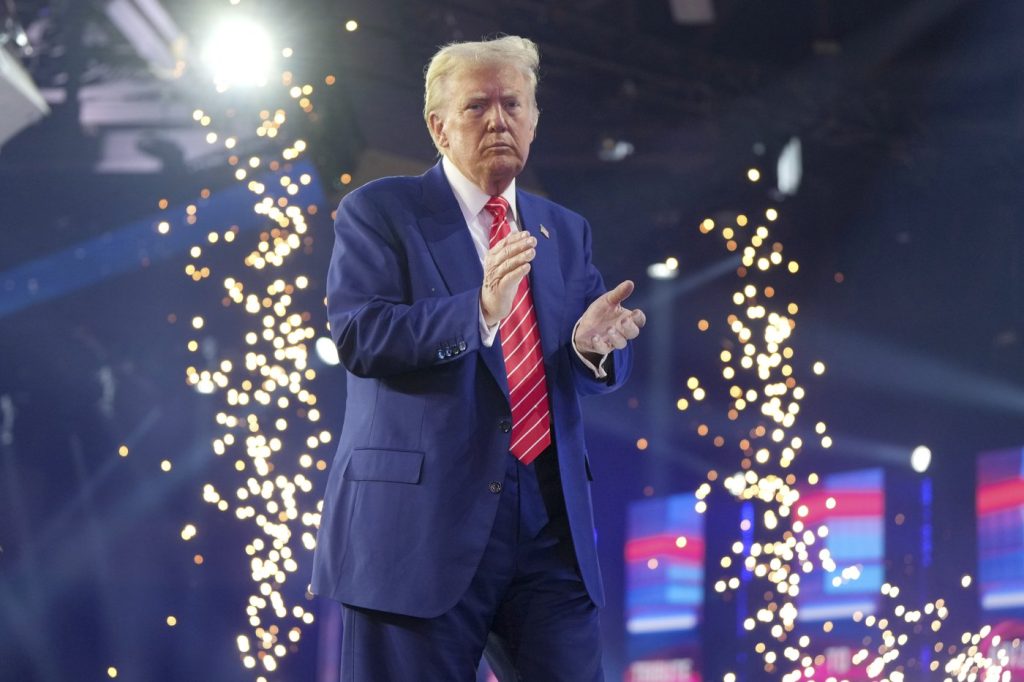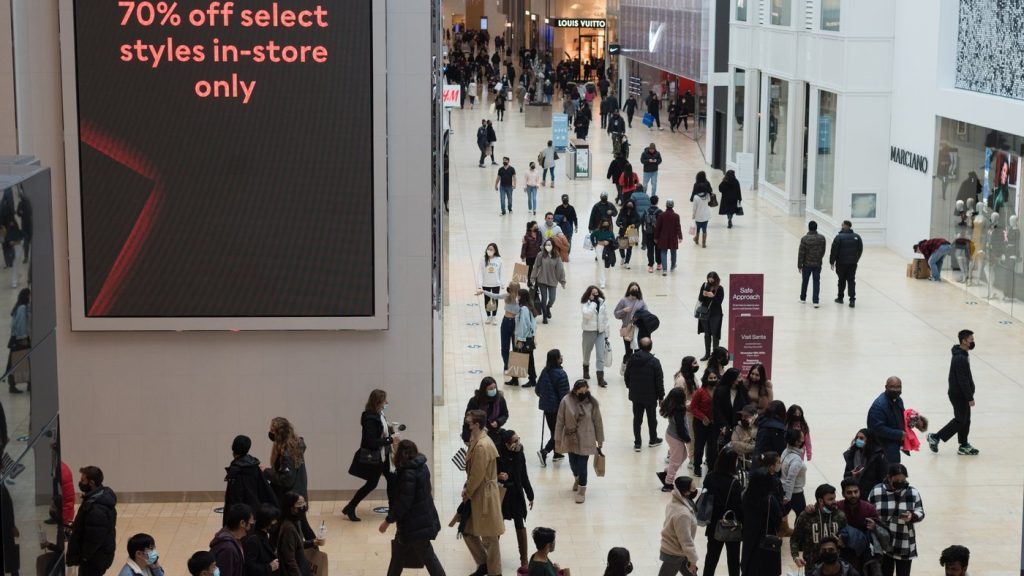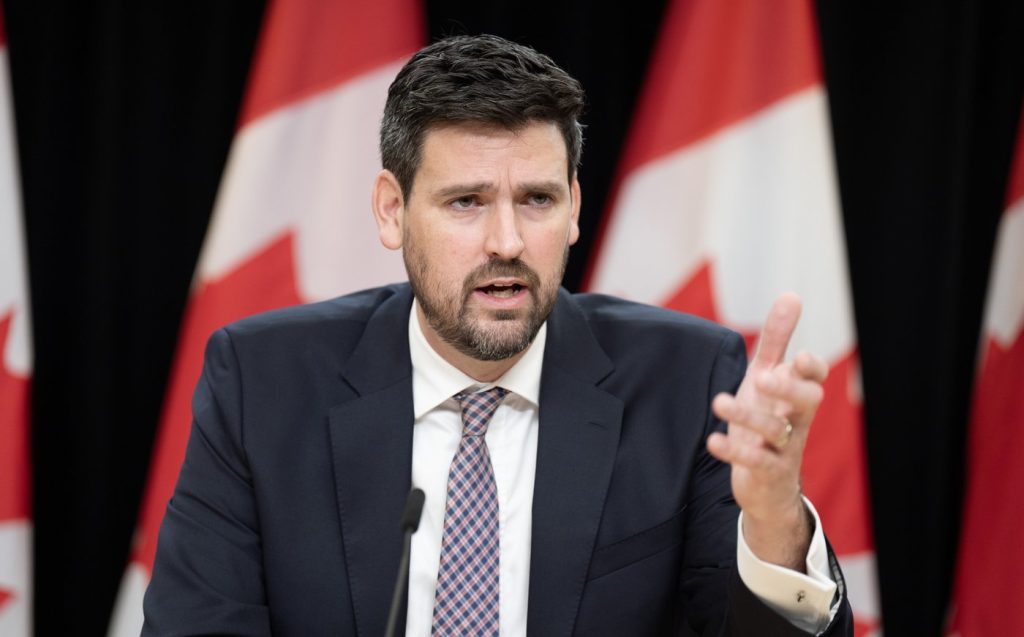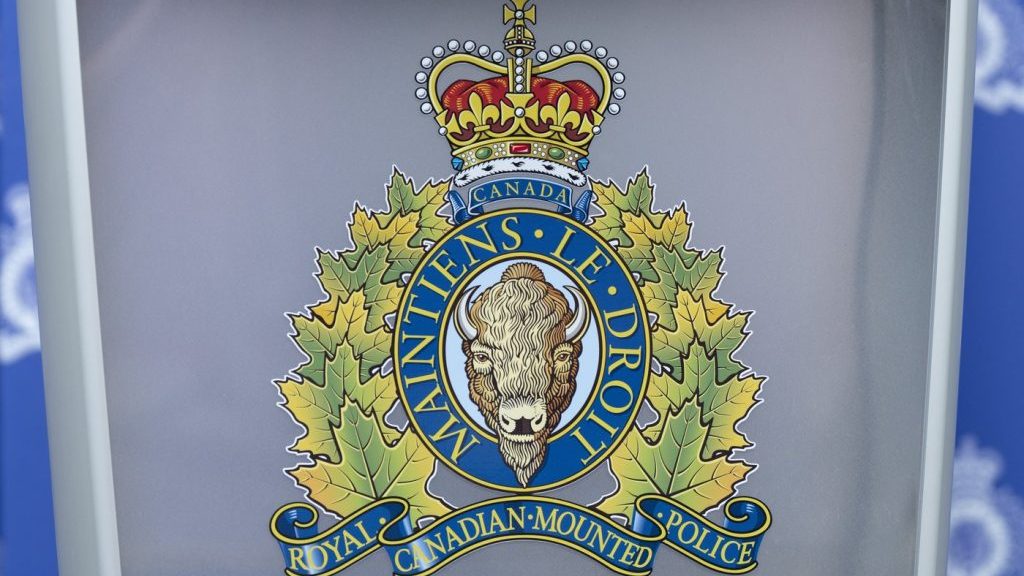Dismiss Trump taunts, expert says after ‘churlish’ social media posts about Canada

Posted Dec 24, 2024 05:51:56 AM.
Last Updated Dec 24, 2024 07:01:29 PM.
OTTAWA — U.S. president-elect Donald Trump and those in his corner continue to muse about annexing Canada, though Canadian officials have largely sidestepped those comments.
In a post on the social media platform X, Eric Trump shared a doctored photo of his father purchasing Canada, Greenland and the Panama Canal on Amazon, with the phrase “We are so back!!!”
Since winning the presidential election in November, Trump has repeatedly referred to Canada as the “51st state.”
On Trump’s Truth Social platform, he’s also repeatedly referred to Prime Minister Justin Trudeau as the “governor” of Canada.
Trump has also threatened 25 per cent tariffs against Canada, which has prompted discussions at both the federal and provincial levels on the best way to deal with the incoming Trump government.
Carleton University professor Aaron Ettinger said federal officials have rightly been dismissing the social-media posts and maintained a “focus like a laser beam” on the real and “existential threat” of tariffs.
“This strikes me as being profoundly unserious,” said Ettinger, who has studied Canada-U.S. relations during the first Trump presidency.
“These are taunts; these are churlish provocations that are not mature, and do not reflect just how serious the coming trade war is,” he said.
Ettinger said Trump is likely continually posting about Canada because it plays well to his supporters, without being seen as a real threat of annexation.
“We know his moves. He makes fun of, he belittles, he mocks, because he can,” he said. But he said that a vacuum of leadership in Ottawa from embattled Prime Minister Justin Trudeau is spurring “the freelancing of some of the provincial leaders” in response to Trump’s comments.
For example, Ontario Premier Doug Ford weighed in on Trump’s postings on Dec. 18, telling media that “we’ll never be the 51st state. We’re Canada; we’re proud to be Canadians. We’ll always fight for that.”
Ettinger said civil society is similarly better to focus on convincing Americans to not impose damaging tariffs on Canada, instead of amping up anti-Trump rhetoric.
“Canadians should worry first about what Canada’s actual national interests are,” he said. “We’re not going to out-trash talk Donald Trump, so don’t even bother trying and focus instead on the core stuff that really matters.”
Tyler Meredith, a former economic advisor to the Trudeau government, said countries like Canada are grappling with what Trump’s second administration will look like.
He noted the recent rhetoric echoes that of Trump’s first term, but he has a team that feels more emboldened and has less ties to Canada.
“They are much more mercantilist and real politic in the way that they want to fight and extract value,” said Meredith. “We are probably at least at this stage less united as a Team Canada than we were last time,” he added.
He noted that almost all premiers that were in office during the first Trump presidency have been replaced, and have their own political agendas that shape how they respond to Trump.
He feels some have been “accepting the grounds on which he has set the debate” when Trump’s criticisms on drugs and migrants don’t bear out in data.
Meredith said it’s likely Ottawa and the premiers have a sequenced strategy on dealing with Trump, where Ottawa will not escalate or provoke the president-elect through to his inauguration on Jan. 20. Closer to that date, Ottawa could outline a strategy on how it plans to retaliate if tariffs are imposed, and indicate which industries could be hit.
Until then, Meredith suspects Trudeau’s office is fine with premiers lobbing barbs at the president and highlighting the inefficacies of tariff policies.
“What I think we’ve learned in the past with Trump is that he responds most and best to strength,” said Meredith, who was an economic adviser to Trudeau when the first Trump administration imposed steel and aluminum tariffs on Canada.
“We should be thinking about, what are the tools at our disposal to fight back,” he said.
For example, Canada could threaten to call in Canadian-owned investments and debt in the U.S. such as equity, real estate and stocks, and co-ordinate this with other countries or the European Union. A resulting mass sell-off would depreciate the value of these assets, particularly using Canadian pension funds, he said.
So far, the Trudeau Liberal government has responded to Trump’s threats by unveiling a $1.3 billion spending package over six years to address border security and the flow of illegal drugs into the United States.
Canada’s ambassador to the U.S. Kirsten Hillman has repeatedly characterized Trump’s comments as gentle ribbing between two close countries.
Foreign Affairs Minister Mélanie Joly said on Dec. 13 that she has quipped to Republican senators that they could join Canada as the eleventh province.
Greenland’s head of government, Múte Bourup Egede, suggested that Trump’s latest calls to purchase the territory from Denmark would be as meaningless as those made in his first term.
“Greenland is ours. We are not for sale and will never be for sale,” he said in a statement. “We must not lose our years-long fight for freedom.”
Panama President José Raúl Mulino has also rebuffed Trump’s musing about taking over the Panama Canal.
“Every square metre of the canal belongs to Panama and will continue to,” he said in a video, to which Trump fired back on his social media site, “We’ll see about that!”
This report by The Canadian Press was first published Dec. 24, 2024.
— With files from The Associated Press
Dylan Robertson, The Canadian Press








